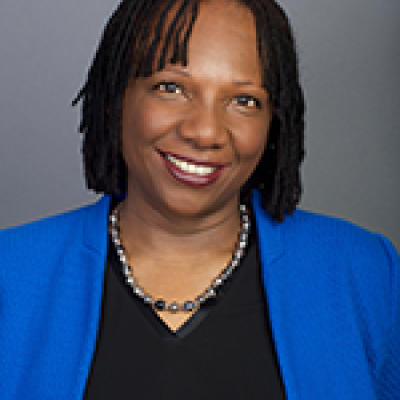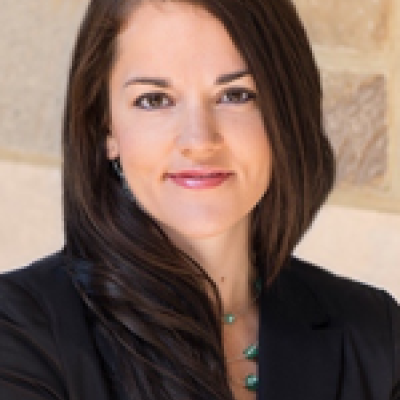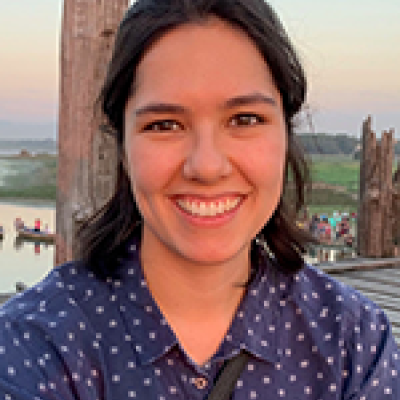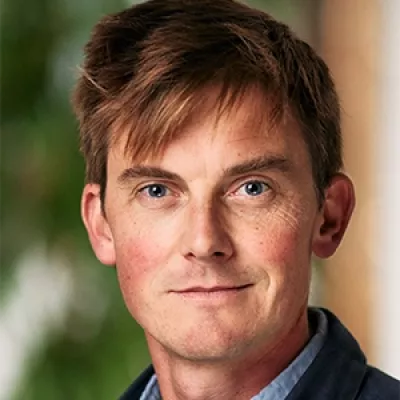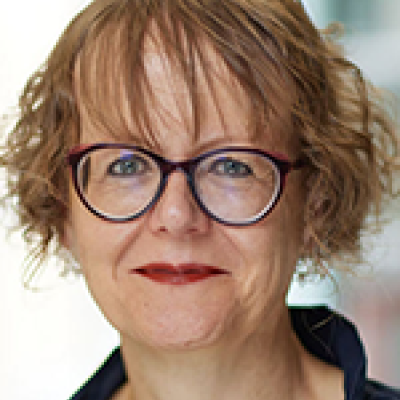SoGE academics out in force at RGS/IBG conference
Researchers from across the University of Oxford's School of Geography and the Environment (SoGE) gave lectures and presented research as part of the Royal Geographical Society (with IBG) annual conference.
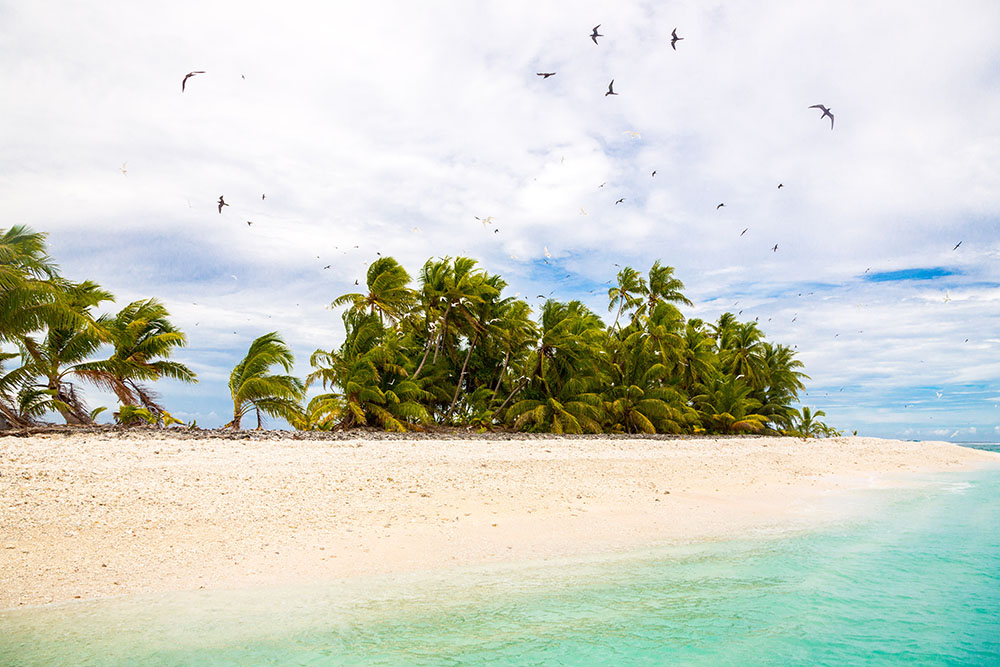
The international conference was held online between 31st August - 3rd September 2021 with over 2,000 people in attendance.
Professor Patricia Daley and Dr Amber Murrey gave the Singapore Journal of Tropical Geography Annual Lecture titled, 'Dismantling Coloniality in Contemporary African Geographies with Defiant Scholarship'. In this lecture, they looked at the ways in which colonial epistemes persist in contemporary studies of African geographies. Colonial persistence, they argued, is revealed in: the erasures of the functions of race in African societies; the marginalisation of Africa within human geography (particularly beyond Southern Africa); and the disunities in distinctions between black and African geographies. In response, they introduced their concept of 'defiant scholarship', a form of scholarship that seeks to work against and outside of dominant grammars and prevailing registers and which they expand upon in their co-authored book 'Decolonising International Development: Disobedient Pedagogies for Decolonial Futures' (forthcoming with Pluto Press).
Dr Amber Murrey also co-organised, alongside Northumbria University's Dr Sarah M. Hughes, a panel on Cindi Katz's work on resistance, resilience and reworking and the legacies of her thought within political geography. The session was titled, 'The politics of terminology within resistance geographies' and Prof. Daley was also in attendance as a panellist.
Elsewhere, DPhil candidate Laura Picot gave a presentation titled 'Developing a Code of Conduct for ethical and anti-racist fieldwork practices'. The presentation was based on the Code of Conduct that Picot and colleague Catherine Grasham are currently developing for SoGE. The Code helps researchers to think beyond institutional ethics review processes to consider broader themes such as equity, power dynamics, reciprocity, care and community engagement. The final version will be published later this year.
Also at the conference, Dr Vlad Mykhnenko (Sustainable Urban Development Programme) presented a paper, 'After Being Left Behind: Fostering Resilient Cities in Inner Peripheries of Europe', which discussed a number of extant and feasible local solutions to the problem of urban shrinkage - continuous population decline affecting more than 1,500 cities all over Europe.
Career Development Lecturer in Human Geography, Liam Saddington presented a paper titled, 'Sea Level Rise and the Temporalities of Islands in the Anthropocene: The Sinking/Growing/Artificial Islands of Tuvalu' as part of the conference's Anthropocene Islands session. The paper argues that islands can offer an insight into the temporalities of climate change and the Anthropocene and draws on interviews and participant observation conducted in the South Pacific.
Also as part of the Anthropocene Islands session, Professor of Environmental Geography Jamie Lorimer joined a panel discussion as part of the book launch for 'Anthropocene Islands: Entangled Worlds'. The book explores the significant and widespread shift to working with islands for the generation of new or alternative approaches to knowledge, critique and policy practices. It explains how contemporary Anthropocene thinking takes a particular interest in islands as 'entangled worlds', which break down the human/nature divide of modernity and enable the generation of new or alternative approaches to ways of being (ontology) and knowing (epistemology).
Professor Lorimer also presented an overview of his new book at the conference, in a session which included responses from a panel of experts and an audience Q&A. 'Probiotic Planet: Using life to manage life' offers an overview of diverse contemporary probiotic practices, the experimental ecologies they generate and the governance practices which seek to shape their emergence.
Associate Professor at the Smith School of Enterprise and the Environment Radhika Khosla convened a session titled, 'Embodying sustainable cooling practices: Negotiating green cooling practices between material culture, governance and people's lived experience'. The session proposed advancing the understanding of current cooling trends and particularly the lived experiences of cooling and heating, cooling practices, and material culture of cooling. It investigated how cooling needs are embodied by different groups in different geographies.
Finally, SoGE's Head of School Professor Gillian Rose was a panellist after Ayona Datta's Geoforum keynote lecture, 'Thick time - looking at podcasting experiments with feminist urban futures in a COVID19 community'.
Commenting on the contribution of Oxford academics to this year's conference, Prof. Rose said:
"I am incredibly proud that so many of our academics were able to provide valuable contributions to this year's RGS/IBG conference. Across such a diverse range of topics, our colleagues have once again demonstrated a powerful intention not only to help further academic understanding but also to interrogate and challenge social and environmental transformations."
NB: Conference session links require registration.
SoGE academics out in force at RGS/IBG conference
Researchers from across the University of Oxford's School of Geography and the Environment (SoGE) gave lectures and presented research as part of the Royal Geographical Society (with IBG) annual conference.


